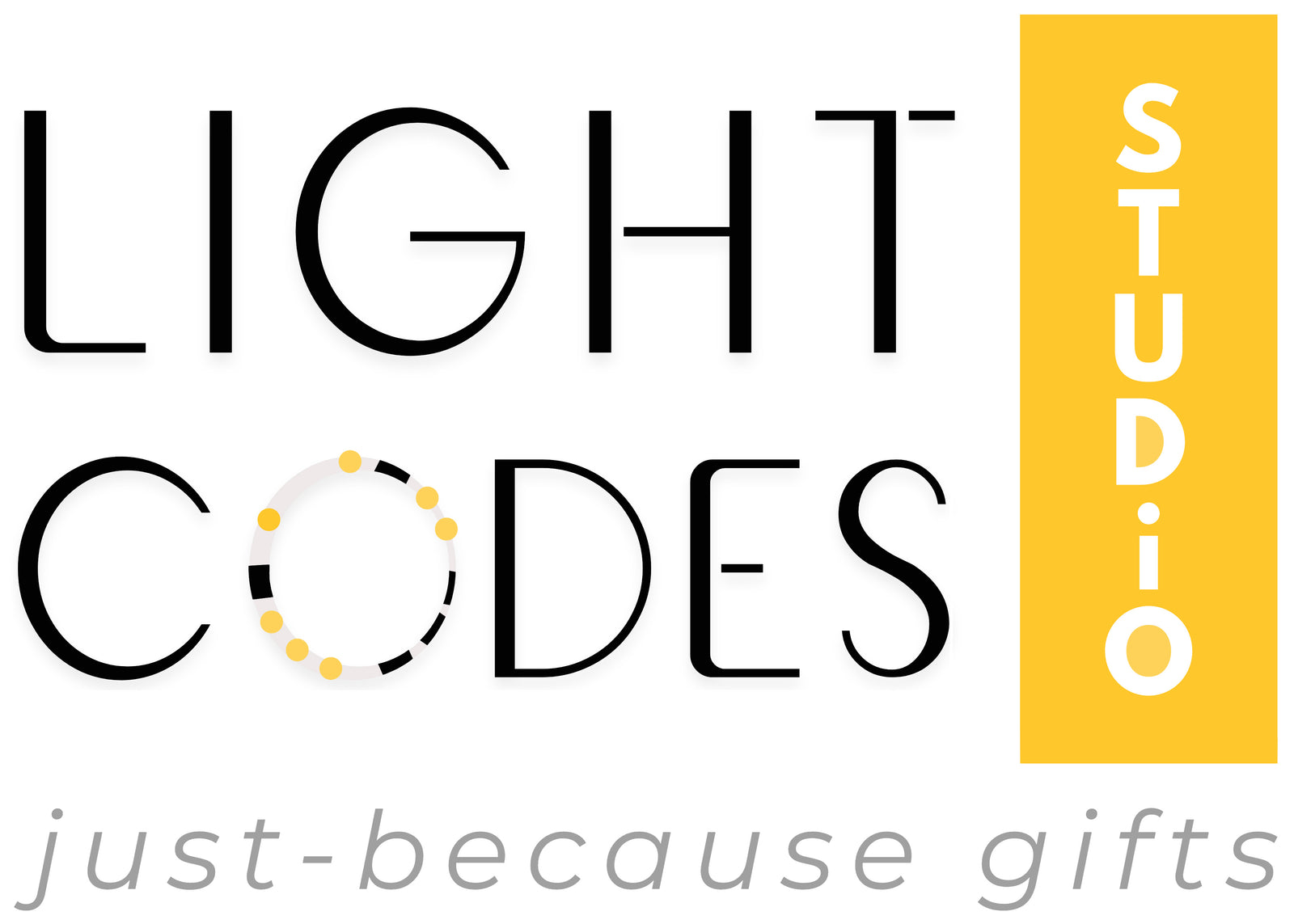I’ll be honest: I don’t fully understand the word reconciliation.
The word makes it sound like two sides patching things up after a fight. But what happened here wasn’t a fight between equals.
It was a system designed to erase Indigenous cultures, languages, and families. That’s not something you just “make peace” over.
For me, this day represents opening space for truth to be spoken and heard, for only then can real healing begin. It’s about remembering the children who never came home, and recognizing the strength of the families and communities who continue forward, carrying memory and culture with them.
We can’t truly know the pain of families whose children never returned from residential schools.
Or the horrors many survivors carried home: abuse, separation, and silence that followed them for decades.
We can imagine it, but pain like that is only truly known when lived.
That doesn’t mean turning away.
Our role is to witness and listen.
To stand with communities protecting language and culture, and rebuilding on their own terms.
And to support space for healing, defined and directed by Indigenous people, not timed to make others feel more comfortable with history.
That’s why I see this day not as an ending point, but as a marker, a reminder that silence, indifference, and non-action are part of the harm.
And that support, presence, and accountability are part of the healing.
So on September 30, I’ll pause, not just to wear orange, but to reflect on what truth means, and what responsibility looks like.
Not once a year. But again and again.

This is why orange shirts matter.
Orange Shirt Day began with Phyllis Webstad’s story. On her first day at a residential school, her orange shirt was taken from her.
That memory became the spark for a movement. Today, wearing orange is a reminder that Every Child Matters.
Read more about Phyllis and her ongoing work: orangeshirtday.org/phyllis-story
